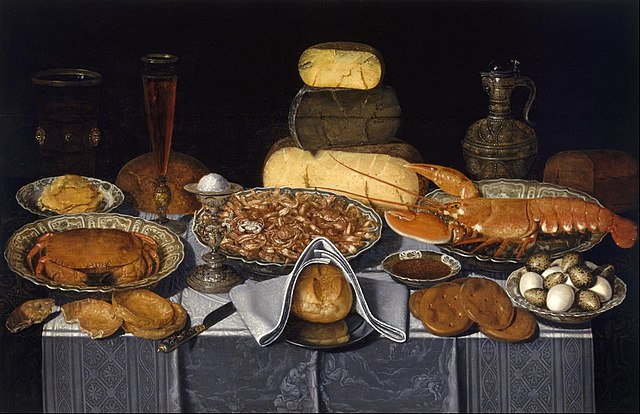
Advice about Finding Data on Specific Subjects I
The student may wish to know:
Where can I find information about Food Studies?
Our reply might be:
The best place to start is the search engine on the homepage of the Thammasat University Library.
Food Studies is a growing, interdisciplinary field of interest, with historical, social, cultural, philosophical, political, economic, environmental, and scientific subject matter that may apply to academic research in many different fields.
Depending on the student’s topic of research, we may suggest that it might be useful to begin with a keyword search for terms such as Thai food or industrial agriculture.
The student may wonder:
What happens if I find a book that looks like it might be interesting? How can I find other books like it?
Our reply would be:
If the book looks like it contains information that would be helpful for your academic research project or thesis, then click on the the subject hotlinks for the title of interest on Koha. That should bring you to other books on the same topic.
The TU Library collection includes a number of cookbooks. To find them quickly, students should try searches for cookery and Thailand or cookery and India or cookery and China, again depending on the field of study.
The student may next inquire:
Are there any online encyclopaedias where I can find reliable data?
We might say:
Yes, there are selected electronic reference resources available to TU students. These are useful for getting a general overview of topics.
For example, the Cambridge World History of Food offers 170 essays and about 4,000 entries related to the history of food and nutrition worldwide, including specific foods and nutrients. The Encyclopedia of Agriculture and Food Systems addresses subjects such as food choices, nutrition, diets, food cultures, water and air quality, genetically modified organisms (GMOs), global warming, and food security. The Encyclopedia of Food and Agricultural Ethics discusses issues related to food and agricultural ethics. The Encyclopedia of Food and Culture describes different international food cultures. The Encyclopedia of Organic, Sustainable, and Local Food focuses on organic, sustainable, and local food from 1860 to 2009.
If the student asks,
What about finding articles? How do I do that?
We can say:
To locate useful and information articles on your topic, it is important to first consider what category of information you need to find.
It may be useful to ask students what faculty they are studying in. This will determine wether they should look on databases that concentrate on food science and nutrition, sociology, psychology, public policy, history, or ethnic studies.
With different databases, keyword searches will be different.
If the student wonders:
How do I find the right keywords for my field of study?
We can say:
Try searching for synonyms of terms. These can be found in online dictionaries or thesauruses.
For example, terms like foodways or food habits might deliver the results needed, depending on the area of research. Words such as cookery, cooking, and cuisine all describe food, but they are used in different areas of study.
If the students locate an article of interest, they can use the subject headings for the article to find other useful keywords.
As always, they can also look at references cited in a thorough research article to find other helpful items for their own research.

(All images courtesy of Wikimedia Commons)
